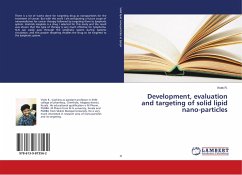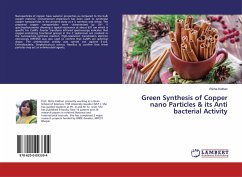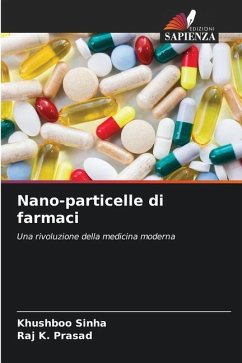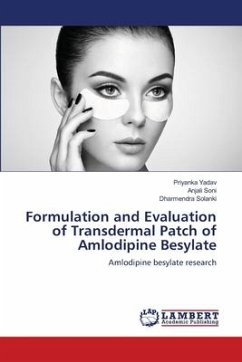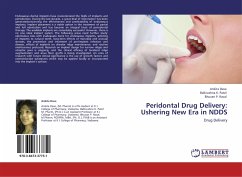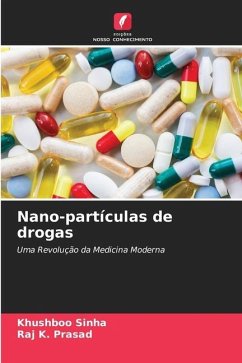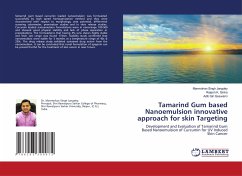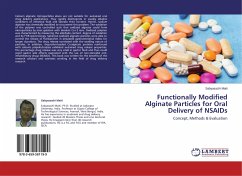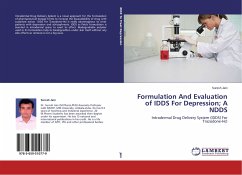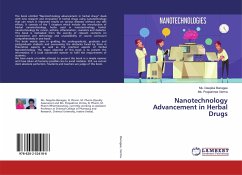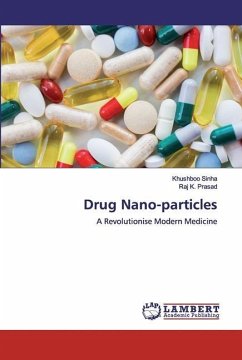
Drug Nano-particles
A Revolutionise Modern Medicine
Versandkostenfrei!
Versandfertig in 1-2 Wochen
41,99 €
inkl. MwSt.

PAYBACK Punkte
21 °P sammeln!
In pharmaceutics, 90% of all medicines, the active ingredient are in the form of solid particles. With the development in nanotechnology, it is now possible to produce drug nano particles that can be utilised in a variety of innovative ways. New drug delivery pathways can now be used that can increase drug efficacy and reduce side effects. Nano particles are defined as particulate dispersion or solid particles with a size in the range of 10-1000 nm. The drug is dissolved, entrapped, encapsulated or attached to a nano-particle matrix. Depending upon the method of preparation, nano-particles, na...
In pharmaceutics, 90% of all medicines, the active ingredient are in the form of solid particles. With the development in nanotechnology, it is now possible to produce drug nano particles that can be utilised in a variety of innovative ways. New drug delivery pathways can now be used that can increase drug efficacy and reduce side effects. Nano particles are defined as particulate dispersion or solid particles with a size in the range of 10-1000 nm. The drug is dissolved, entrapped, encapsulated or attached to a nano-particle matrix. Depending upon the method of preparation, nano-particles, nano spheres or nano capsules can be obtained. Nano capsules are systems in which the drug is confined to a cavity surrounded by a unique polymer membrane, while nano spheres are matrix systems in which the drug is physically and uniformly dispersed. The major goals in designing nano particles as a delivery system are to control particle size, surface properties and release of pharmacologically active agents in order to achieve the site-specific action of the drug at the therapeutically optimal rate and dose regimen.



